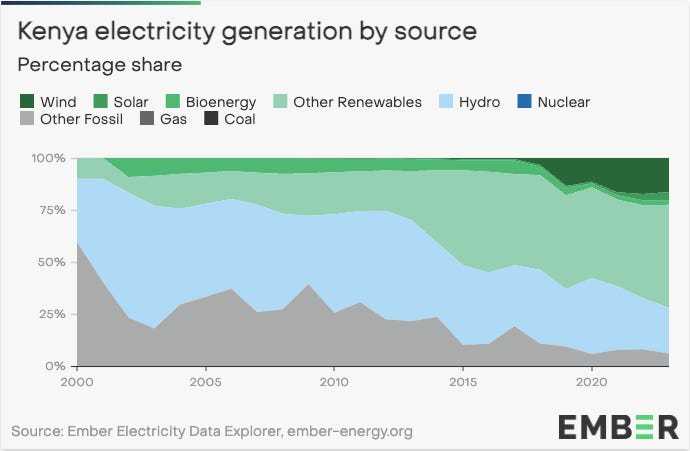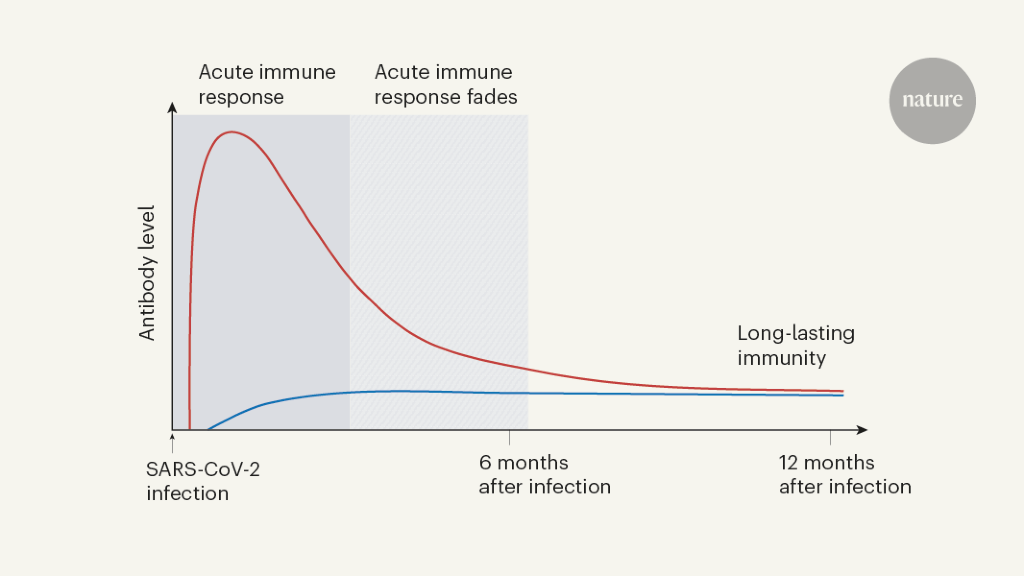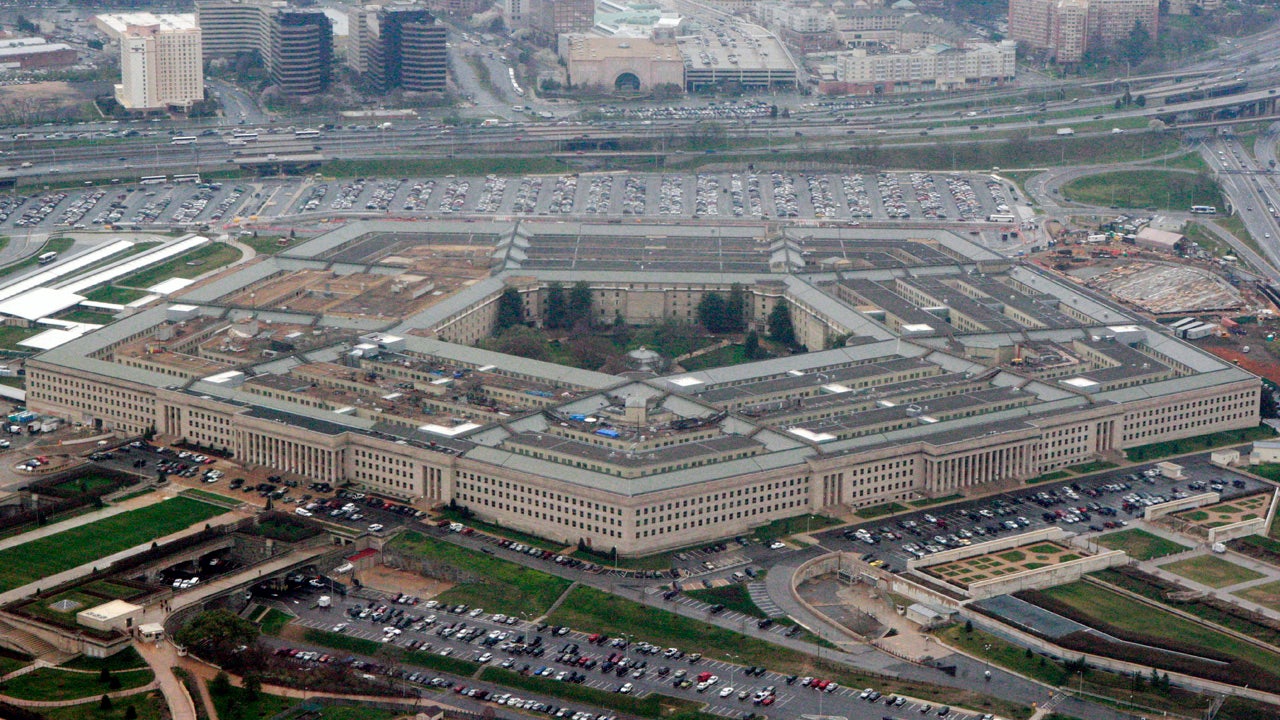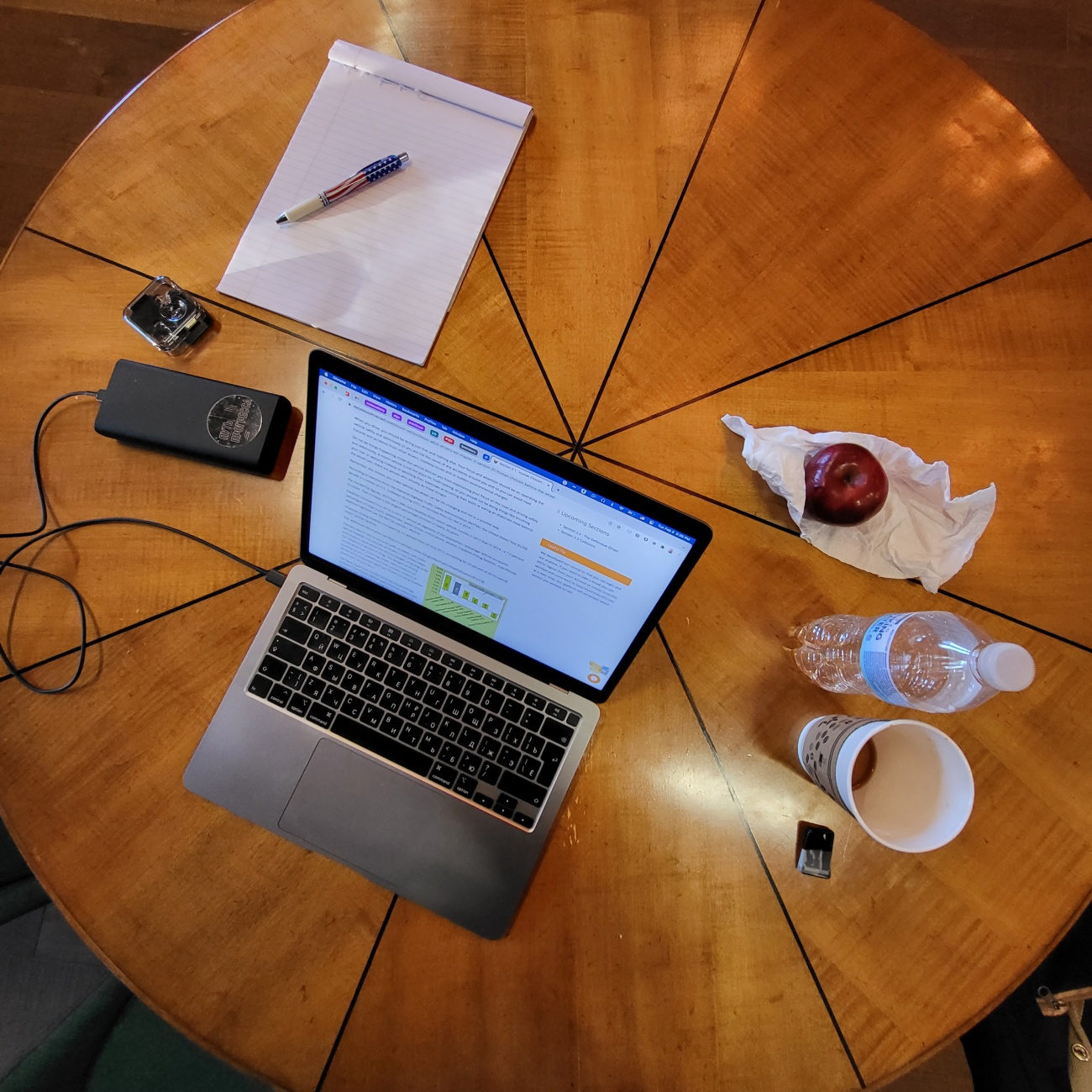
An Africanist Perspective
Thank you for being a regular reader of An Africanist Perspective. If you haven’t done so yet, please hit subscribe to receive timely updates.
As an estimated 50,000 people gather in Baku for COP29 (at which delegates hope to converge on concrete guidelines for climate finance), it’s important to highlight a few things about the political economy of climate change and development.
I’ve long maintained that policymakers in low-income countries and their partners within the global development community (donors, IFIs, the UN, policy experts, etc) are fluffing it on climate change. The inherent policy extraversion among low-income country elites as well as private interests mean that they are open to any and all climate policies that come with access to fungible cash (many also naively trust that the hawkers of “best practice” climate policy know what they are doing). Consequently, there’s very little clear thinking regarding the tradeoffs that come with trying to engineer rapid economic growth and development in an era of climate change. It doesn’t help that almost the entire international development community views the problem of climate change purely from the perspective of high-income countries. The focus tends to be on reducing emissions. There are a few vocal heretics. But most people choose (for careerist reasons) to falsify their preferences.
The net effect of these sets of actors, their motivations, and incentives is that emerging climate policies in low-income countries are invariably going to lock in ideas and practices that are anti-growth and anti-development.




















/cdn.vox-cdn.com/uploads/chorus_asset/file/25730626/214A0285.jpg)
